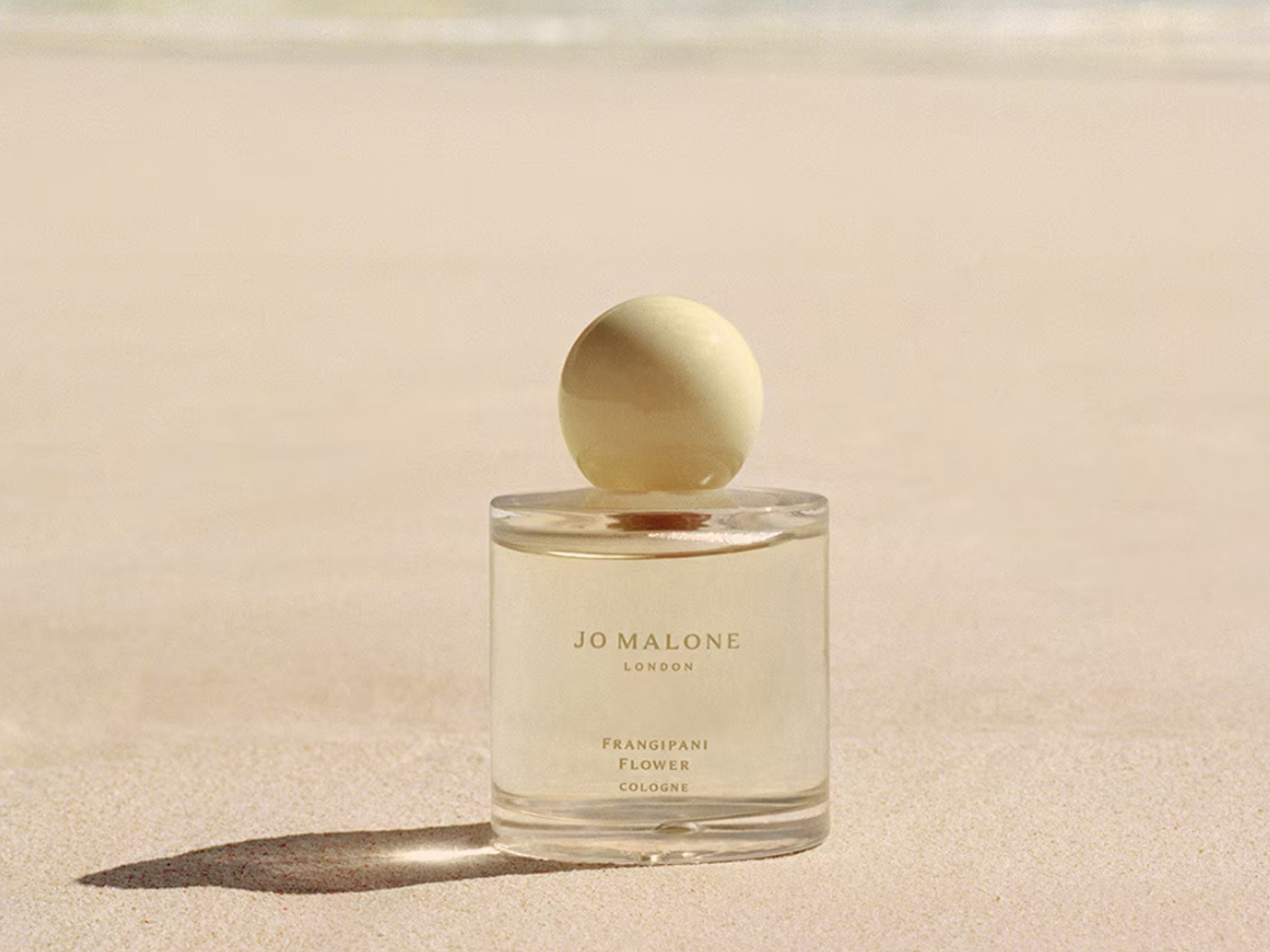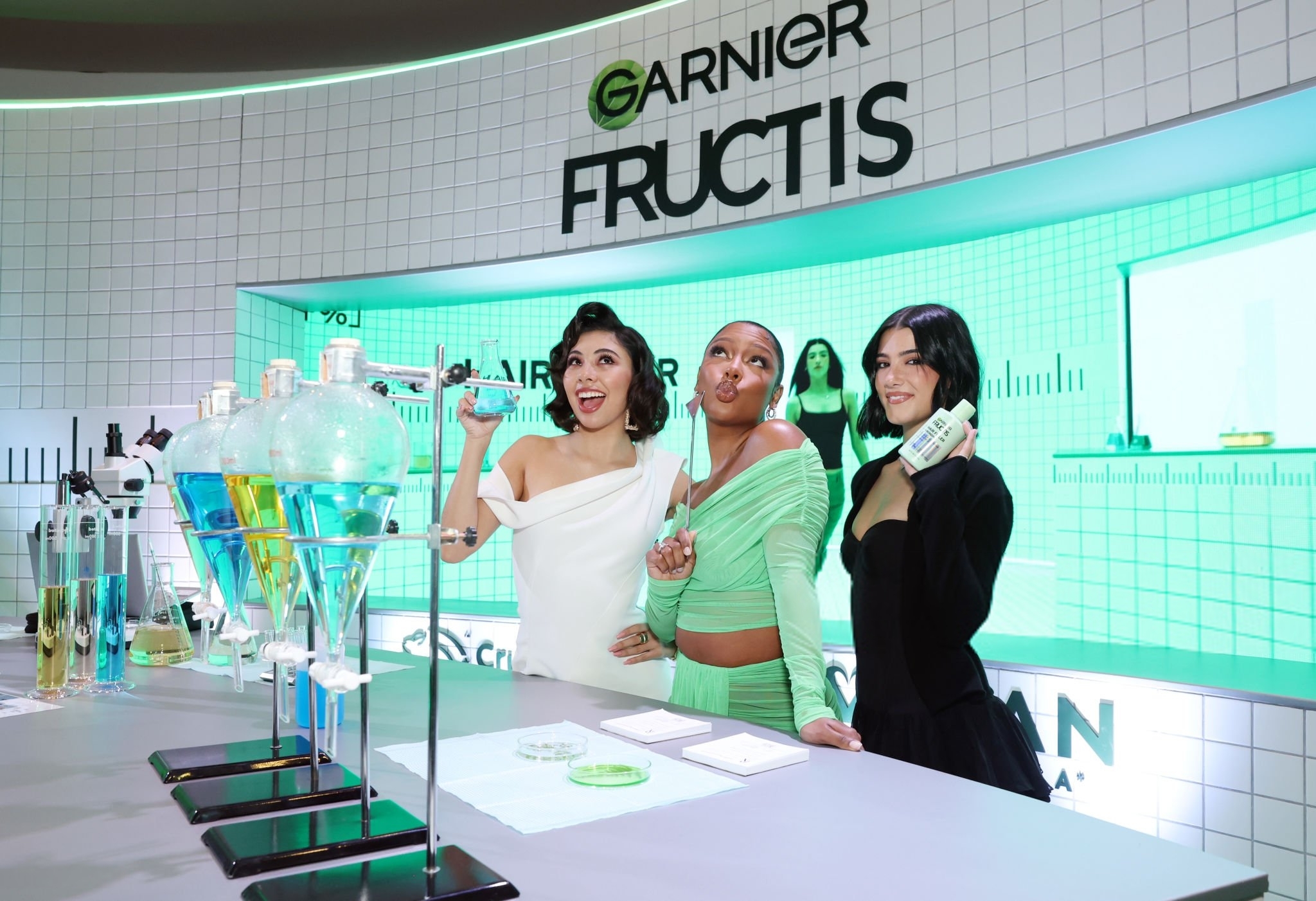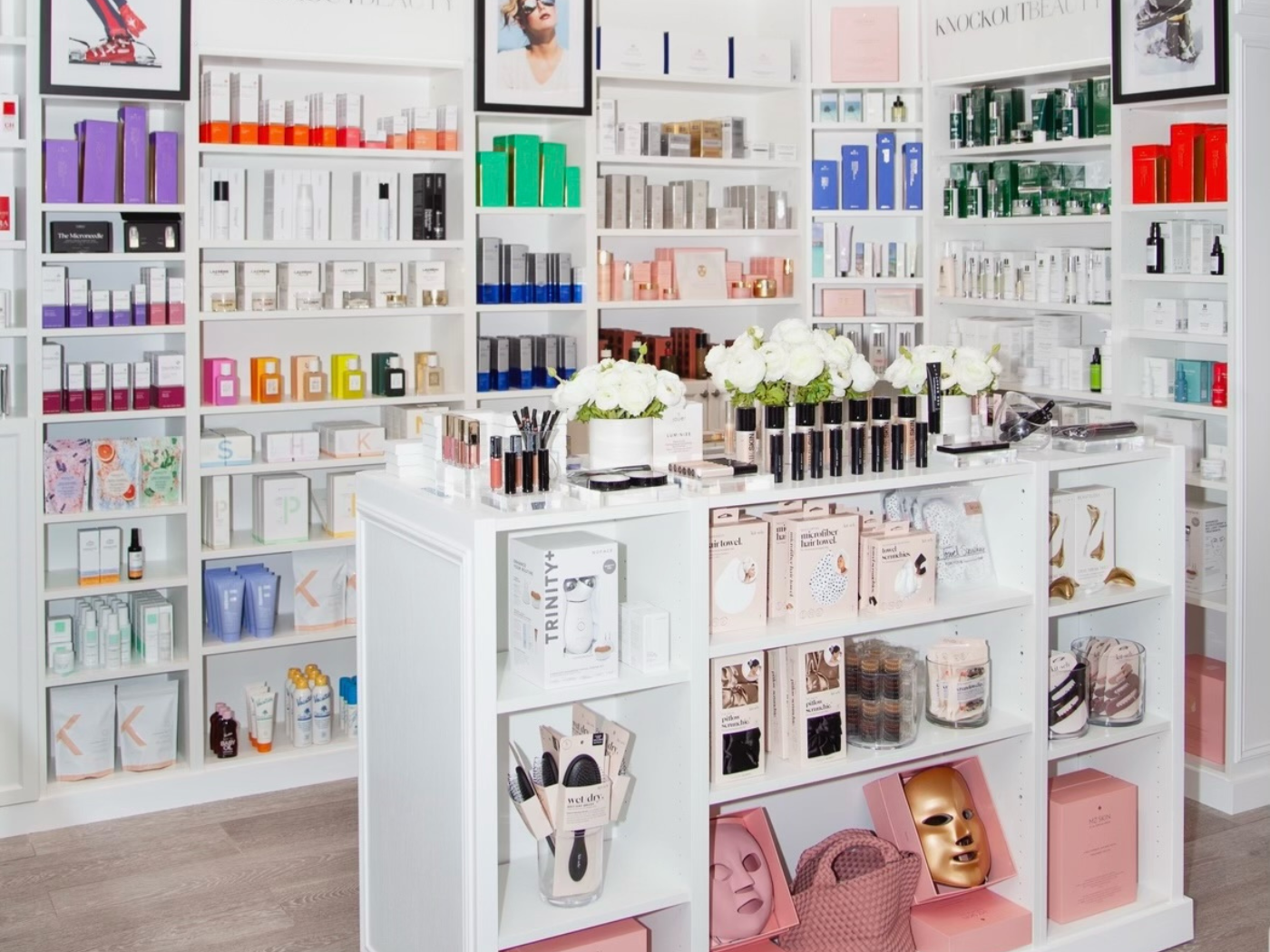For beauty entrepreneur, Tata Harper, the much-hyped indie craze isn’t a trend at all.
“I don’t think this is an indie moment, it’s just an evolution,” said Tata, whose organic skin care business is growing at an incredible rate of 100 percent each year. “The customer has finally made the connection that natural beauty is not just about the environment, but about health. Everyone is trying to live better, and make smarter decisions, and this is just part of the evolution of where we are now on this planet.”
A favorite of beauty editors and consumers alike, Tata’s 40-sku line, packaged in trademark frosted green glass with gold caps, has been experiencing a lofty surge in both sales and awareness since its launch in 2010. According to those who love her products, the range, which is priced between $25 for a lip treatment to $380 for an antiaging serum, is the perfect mix of natural, luxe and efficacy.
“The customer response to Tata has been fantastic,” said Annie Jackson, Vice President of Merchandising and Planning at Credo, where Tata’s offerings are sold. “It’s a beautiful brand to merchandise; it stops people dead in their tracks. It is 100 percent what women are looking for; it’s efficacious, beautifully packaged, beautifully scented and covers the gamut of any woman concerned with aging. It totally hits the nail on the head.”
According to Colombian-born Tata, the secret sauce behind her brand, which is also sold at Neiman Marcus, Sephora, Nordstrom, Saks Fifth Avenue, Bergdorf Goodman and Space NK is quite simply the results, which, she said, is not always a focus in natural brands. All products are formulated, batched, packaged and shipped at her 1,200-acre organic farm in Vermont. “It’s not just about a base with one ingredient, but many ingredients working together. We deliver on the antiaging promise which is why people buy skin care.”
Tata is also testing the waters of the spa space, beginning with a spa room which she herself designed at Credo’s San Francisco store.
When asked about the possibility of acquisition, Tata has a ‘never say never’ philosophy.
“It’s funny because a lot of people ask me ‘what’s your exit strategy?’ and the reality is that I didn’t build this business thinking about one,” she said. “Yes, you need strategic partners and capital to grow the brand, and you need investors from the outside, but as long as you’re still in control of the company, it doesn’t necessarily have to be about selling.”
In the next year, Tata is looking to expand her brand footprint further in Europe, Southeast Asia and Australia, and is about to introduce a new Energizing aromatherapy oil into her line.




